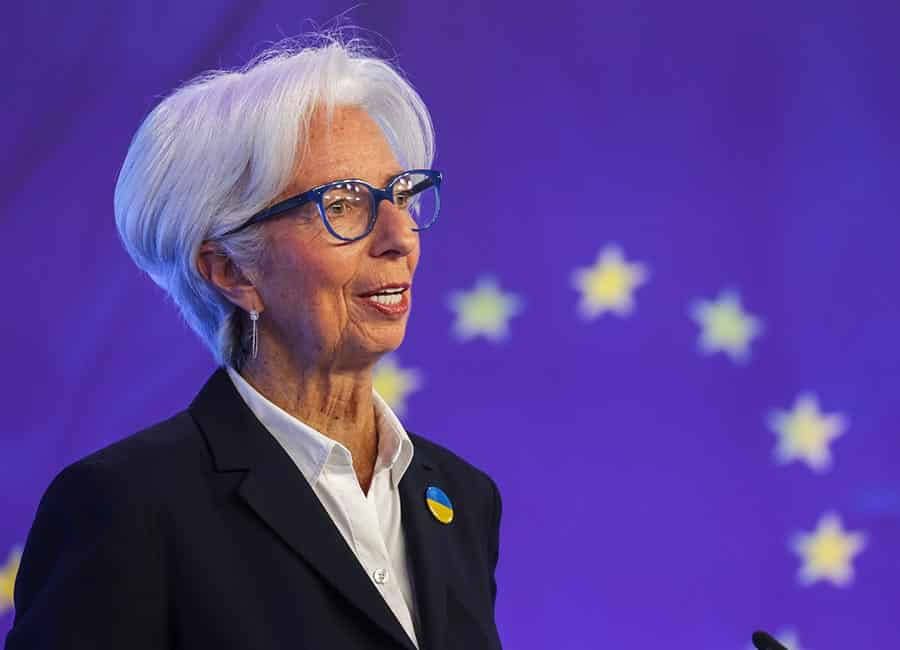Brian Daly (pictured), Partner & Head of Brexit, KPMG, and Brian Brennan, Partner, KPMG, explore Budget 2019 in the wider context of the UK's departure from the EU next year
Minister Paschal Donohoe reiterated that Ireland will remain at the heart of Europe and open to the world. He stated that the budget is designed to prepare the economy for the challenges of Brexit – the best preparation for which is responsible budget policy.
The finance minister did not announce any specific tax-related measures related to Brexit. Instead, the challenges that Brexit will bring are addressed through a number of spending initiatives announced.
The budget was prepared with the assumption of an orderly Brexit (i.e. the UK is assumed to remain in the single market and customs union during the period until end-2020). The Economic and Fiscal Outlook published on budget day considered that there are short-term risks to this scenario, which are firmly tilted to the downside.
The outlook states: “In particular, the probability of a disorderly Brexit – failure to agree either a transitional arrangement or trade agreement (or both) between the EU and the UK – has increased in recent months and, even at this late stage, there remains considerable uncertainty regarding what form any post-exit arrangement will take”.
What are businesses doing to prepare for Brexit?
Brexit may bring an unprecedented scale and pace of change for businesses. Companies will continue to ask themselves the key strategic and operational questions they have always asked themselves, such as:
- Is there a market for our products/services?
- Can we provide the product/service from my current location whilst generating an adequate return in equity?
- Do I have access to the people and skills that I need?
Brexit may mean the answers to these questions are different than they would otherwise have been.
Regulators are requiring companies to prepare for a no deal/hard Brexit. Hence, for example, financial services and pharmaceutical companies are spending significant amounts of money on preparing themselves for that outcome, so as to ensure that they can continue to provide services/products after 29 March 2019, irrespective of the political outcome agreed between now and then.
Large non-regulated companies with the resources to reconfigure supply chains and scenario plan are also spending significant time and resources in preparing for Brexit. This involves, for example:
- Looking in detail at their supply chains;
- Understanding the VAT and Customs costs they will face (and considering whether to secure Authorised Economic Operator status as a means of simplifying their Customs procedures);
- Securing warehouse capacity for longer lead times;
- Exploring new markets;
- Seeking to hedge FX and working capital exposures;
- Looking at whether data flows will be affected;
- Addressing the impact on availability of people with the right skills.
Many other businesses are struggling to get the time to fully prepare for an event which, some believe -- and many hope -- will never happen, and have adopted a wait-and-see mentality.
If a no deal/hard Brexit is the outcome, many businesses may face significant issues insofar as their goods, services and market focus are concerned.
How should Ireland position itself in this context?
A key challenge for the government in this environment is to make sure that Ireland continues to be seen as an attractive location from which to conduct business.
Ireland has a very strong story to tell, as a location which offers businesses stable and predictable industrial and fiscal policy, a highly skilled workforce, access to an EU market of over 450 million people (post-Brexit), English language skills and a common law system.
Maintaining our international reputation as a country which abides by, and contributes to, the development of sensible new rules and regulations will also help.
However, if we lose competitiveness, be it either cost competitiveness or our ability to attract and keep entrepreneurs in Ireland (availability of skilled people and an attractive taxation policy are highly influential in this regard), the challenges emerging from Brexit will only be exacerbated.
Given its scale, the UK will continue to be an important market for many businesses, and post-Brexit may seek to enhance its relative attractiveness as a location via aggressive tax policies, and perhaps even reducing what they may perceive as over burdensome regulation.
Ensuring that Ireland’s brand is not damaged by proximity to a post-Brexit United Kingdom with lower standards on food, for example, will be critically important.
The terms of the future framework will need to secure a good outcome not only for all-island trade in Ireland but also for trade from Ireland to both the UK and the rest of the EU. Without this, the long-term success of many Irish businesses may be damaged.
• Download KPMG Guide to Budget 2019












